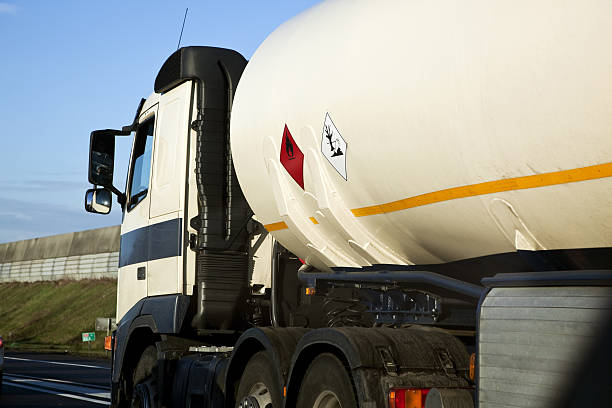Improving Customer Communication for Enhanced Engagement
Effective communication is crucial for propane businesses to connect with customers, address their needs, and build lasting relationships. With the rise of artificial intelligence (AI), propane companies now have powerful tools at their disposal to enhance customer communication and engagement. Read on as we explore how AI solutions can revolutionize propane customer communication, leading to… Continue reading Improving Customer Communication for Enhanced Engagement









